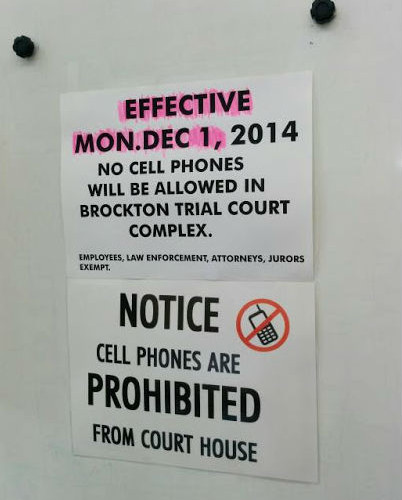You go to an open house and love the house and make an offer to purchase real estate only to go home and get cold feet and want to get out of the transaction. Think again, you may lose your deposit. Attorneys are typically not involved in the offer stage, but you should strongly consider doing so. Many buyers and sellers are often under the assumption that this is a formality, and that the binding contract only takes place during the purchase and sale agreement. THIS IS NOT TRUE!
In Massachusetts, a signed standard offer to purchase real estate is a binding and enforceable contract to sell real estate–even if the offer to purchase form is subject to the signing of the purchase and sale agreement. So if a seller signs and accepts your offer and later gets a better priced offer, I wouldn’t advise the seller to walk away from the original deal. The signed offer to purchase real estate allows the buyer to sue and record a notice of claim in the registry of deeds against the property which will prevent its sale until litigation is resolved. I have actually had to do this more than once, to the seller’s surprise that the offer is binding.
In some cases, the seller or buyers may not desire to be contractually bound by the acceptance of an offer to purchase. In that case, language can be drafted to specify that the agreement is non-binding.
With the offer to purchase, I always advise buyers and their brokers to use addendums, including for such contingencies as mortgage financing, home inspection, radon, lead paint, and pests. The home inspection and related tests are typically completed before the purchase and sale agreement is signed and any inspection issues are dealt with in the P&S. Also in the offer you really need to pay attention to deadlines. For example, I often see a mortgage contingency date just a few days before closing. However, as a seller, are you really going to want to pack all your things only to find out the buyer did not get financing.









